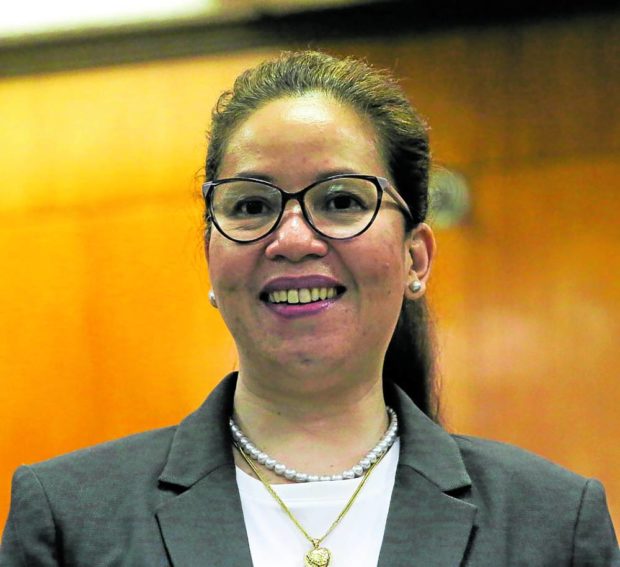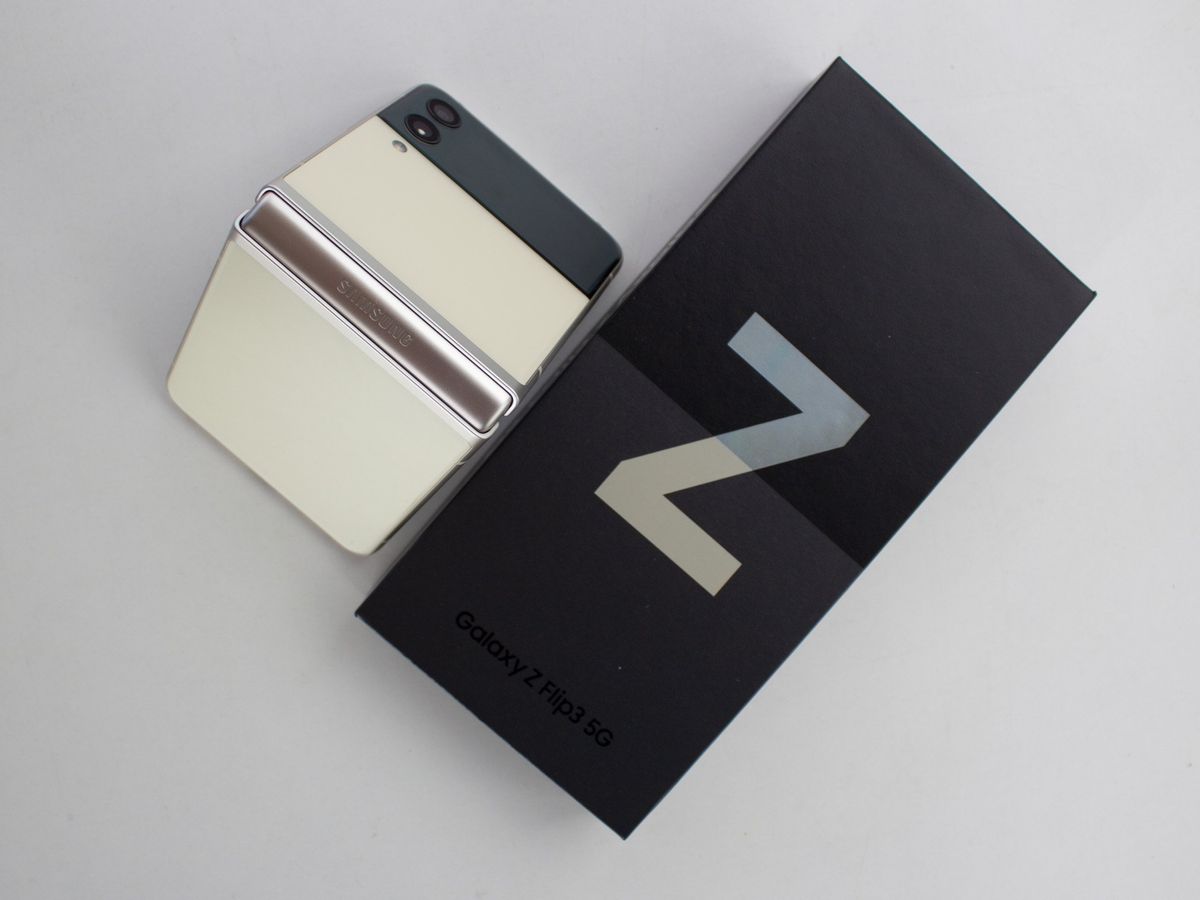Comelec Commissioner Aimee Ferolino (FILE PHOTO INVESTIGATOR)
SAN FRANCISCO, Agusan del Sur, Philippines — Cell phones are selling like hot cakes after the May 9 general election, thanks to local politics.
For two consecutive days after the elections, many popular mobile phone brands were sold in the three malls of this province as residents of the neighboring towns of Tagbina, Barobo and Lianga in the province of Surigao del Sur embarked on a shopping spree.
They practically stormed the Gaisano Grand Mall, Gaisano Capital and Davao Central Warehouse on Tuesday and Wednesday, openly joking about their windfall of the vote-buying frenzy involving some politicians running for Congress and provincial posts.
A salesperson at a mobile phone store in Gaisano Grand said his store sold at least 180 units of the Vivo and Real Me brands within two days of the surveys.
He said there were stalls in the mall which also sold mobile phones and saw strong sales until the items ran out.
Mobile phone stores in Gaisano Capital, Davao Central Warehouse and Downtown also saw increased sales.
Most of the requested brands sold between 6,000 and 7,000 pesos per unit.
‘Drizzle’
Besides mobile phone shops, other commercial establishments, including restaurants, became crowded on Tuesday and Wednesday.
Toto Banas, the owner of a meat shop at the public market, said his supply ran out by midday.
According to Macario Angelia, a resident of Lianga, rival camps in his province were buying votes between 2,500 and 3,500 pesos per voter.
He said more money was circulating as Election Day approached, with some candidates handing out an extra P500, also known as “tili-tili” or “drizzle”, to each voter.
A candidate in that city handed out P1,200 in four batches, which voters jokingly called doses, the first two being primary doses and the last two booster doses.
Another candidate distributed 1,000 pesos each to voters.
Cause groups that monitor the election said it was the first time votes had been bought with such amounts.
Stand in line
In Zamboanga del Sur, voters were offered 3,000 to 5,000 pesos in exchange for the vote of an entire local list ranging from governor to town or city councillors.
Distribution began on Saturday, two days before Election Day.
Many endured about five hours of waiting in line for their “ulan-ulan” from one camp, then queuing at another political camp the next day.
But police in the provincial capital of Pagadian City thwarted a vote-buying operation on election day itself, seizing 50,000 pesos in cash during a raid on the provincial government pavilion in Barangay Dao.
According to their report, the 50 P1000 notes confiscated by the police were accompanied by samples of ballot papers from re-elected Governor Victor Yu and his local list. But no one was arrested in the raid as people inside the building fled when police arrived.
On the eve of election day, police in Dumingag town, also in Zamboanga del Sur, raided a health center in Barangay Dulop, arrested two women and confiscated bundles of envelopes containing cash cash amounting to 1.93 million pesos.
Major Mark Gerome Nebria, Dumingag Police Chief, said each envelope contained P2,500 in cash. The suspects also seized a list of voters with their constituency numbers.
Complaints to Comelec
The Electoral Commission (Comelec) said on Saturday it had received more than a thousand vote-buying reports, but could only verify more than a hundred such incidents.
Commissioner Aimee Ferolino told a press briefing that at least 930 complaints had been reported on the Facebook page of Comelec’s Kontra Bigay working group, as well as 164 complaints sent by email.
But Ferolino, who leads the task force, said: ‘We have only checked over a hundred complaints where we can file cases because these have supporting evidence.
She said 88 vote-buying incidents were considered “valid reports”, while another 49 were submitted “with supporting evidence”.
Comelec’s legal department has also received 73 voice buying complaints since February 9, of which 50 have been processed, 12 have been registered and the others are being assessed.
“Many of the vote-buying incidents reported involved complainants who were afraid to speak up or testify. Some reports have no evidence,” Ferolino said, adding that many plaintiffs appeared to simply express or vent their frustration with candidates who were rivals of those they supported.
“I can’t release the personalities yet, but there will definitely be a mix of candidates involved and who will eventually face, or supporters who will face criminal charges,” she said.
Ferolino said she does not see vote buying as having an impact on the outcome of the election.
“Probably it wouldn’t have any significant effect… I don’t know the particular location of the complainants. Maybe it would affect, maybe not. But with the current high turnout, if some people sold their votes or were influenced, they might outnumber those who voted without an agenda, or those who voted according to their conscience,” he said. she stated.
—WITH REPORTS BY TINA G. SANTOS AND LEAH D. AGONOY
RELATED STORIES
1Sambayan to Comelec: purchase of probe votes, defective VCM
DILG: 245 vote-buying incidents reported; 28 arrested, so far
Report vote-buying incidents to cops near polling stations — Comelec
Read more
To subscribe to MORE APPLICANT to access The Philippine Daily Inquirer and over 70 titles, share up to 5 gadgets, listen to news, download as early as 4am and share articles on social media. Call 896 6000.








